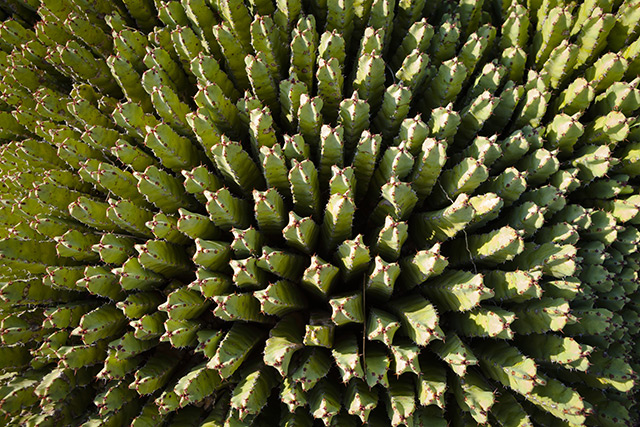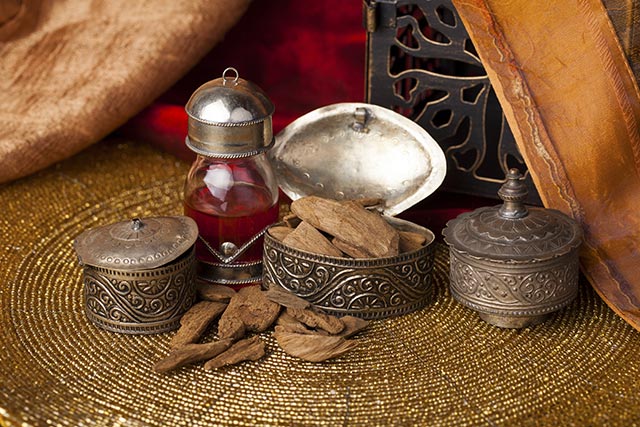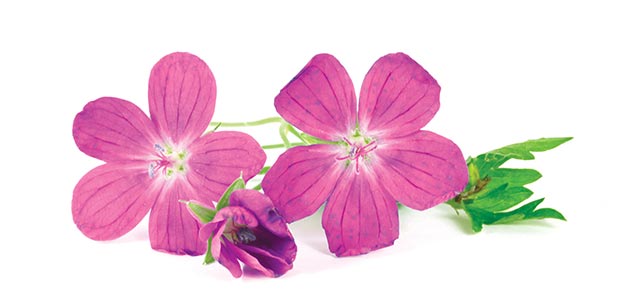Study: Adding Chinese remedies to conventional medicine improve the cognitive function of Alzheimer’s patients
11/05/2018 / By Edsel Cook

While Alzheimer’s disease cannot be cured, its degenerative effects can be slowed down or even halted through treatment with specialized medicines. However, the benefits imparted by these drugs do not last. A Chinese study experimented with using traditional herbal remedies as a complementary treatment alongside conventional drugs to make them last longer.
Alzheimer’s disease is an increasingly common neurological disease. Its symptoms are treated in two ways. The first therapeutic means is the use of cholinesterase inhibitors like Donepezil. The second method uses memantine, an antagonist molecule for the N-methyl D-aspartate (NMDA) receptor that blocks and dulls its target. However, these treatments are only able to treat the symptoms. Furthermore, cholinesterase inhibitors become less effective as the treatment goes on.
Both methods have been combined to treat moderate to severe cases of Alzheimer’s disease. Studies are divided on whether or not the combination of donepezil and memantine improves the cognitive function of patients. (Related: Researchers CONFIRM: Natural omega-3 fatty acids prevent Alzheimer’s.)
Testing the GRAPE herbal granule as a complementary medicine
Traditional Chinese Medicine (TCM) has long prescribed concoctions for treating dementia. Some herbal formulas have been shown to improve the cognition of patients.
A 2009 experiment showed that a Chinese herbal formula decreased amyloid beta levels that comprised the amyloid plaques associated with Alzheimer’s disease. Even earlier, a 2008 study conducted by the Beijing University of Chinese Medicine (BUCM) found that the same formula matched donepezil in improving dementia symptoms.
A new study by BUCM researchers conducted a retrospective cohort study featuring patients with dementia that was in all likelihood traced to Alzheimer’s disease. These participants were divided into two groups.
The first group underwent conventional treatment for Alzheimer’s disease. This involved daily doses of Donepezil. Patients with moderate and severe cases of the disease were also given memantine.
The second group was also given conventional medicines. In addition, they were given the GRAPE herbal granule, a traditional Chinese medicine that was prescribed for patients with dementia. Its ingredients included Panax ginseng, Rehmannia glutinosa, Acorus tatarinowii, Polygala tenuifolia, and Epimedium brevicornu.
The researchers evaluated the overall cognitive function of the patients. They followed the patients for 24 months in total.
Chinese herbal remedy boosted conventional treatment of Alzheimer’s disease
Based on the MMSE tests at the start of the experiment, the BUCM researchers found that most of the patients displayed mild to moderate levels of cognitive impairment. The participants who received both conventional medicines and the GRAPE herbal medicine scored higher than those who received only donepezil/donepezil with memantine.
Furthermore, the cognitive improvements experienced by the combined treatment group lasted for 12 months. This is three months longer than the duration of the improvements for patients who only got the conventional medicines.
In addition, the combined conventional-herbal therapy appeared to slow the decline in cognitive function. When taken together, these results indicated the effectiveness of the combined treatment in the long term.
Patients with mild cases of Alzheimer’s disease showed much better results when given the combined therapy. While they did not immediately respond to either treatment, their cognitive function reached stable levels by the 24th month of follow-up.
Patients with moderate cases responded more sharply to conventional therapy, but their cognitive function also deteriorated much more sharply. The combination of conventional drugs and TCM was able to prevent most of this degradation over time.
Their findings led the researchers to conclude that Chinese herbal medicine could support the conventional treatment of the symptoms of Alzheimer’s disease. They recommended a prospective randomized control trial using the GRAPE herbal granule alongside Alzheimer’s medication.
If you are interested in the individual herbs that make up the GRAPE herbal granule, visit Herbs.news to learn more about them.
Sources include:
Tagged Under: alternative medicine, Alzheimer's disease, alzheimer's disease treatment, cognitive decline, cognitive functions, dementia, herbal medicines, neurological diseases, traditional Chinese medicine



















